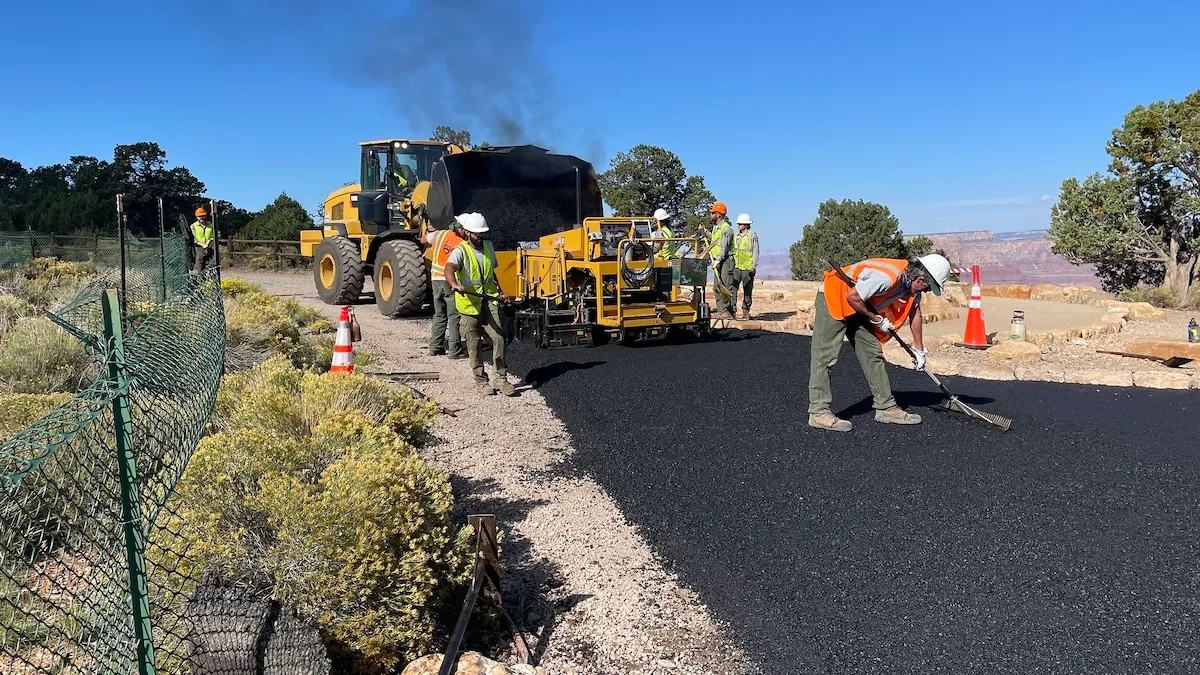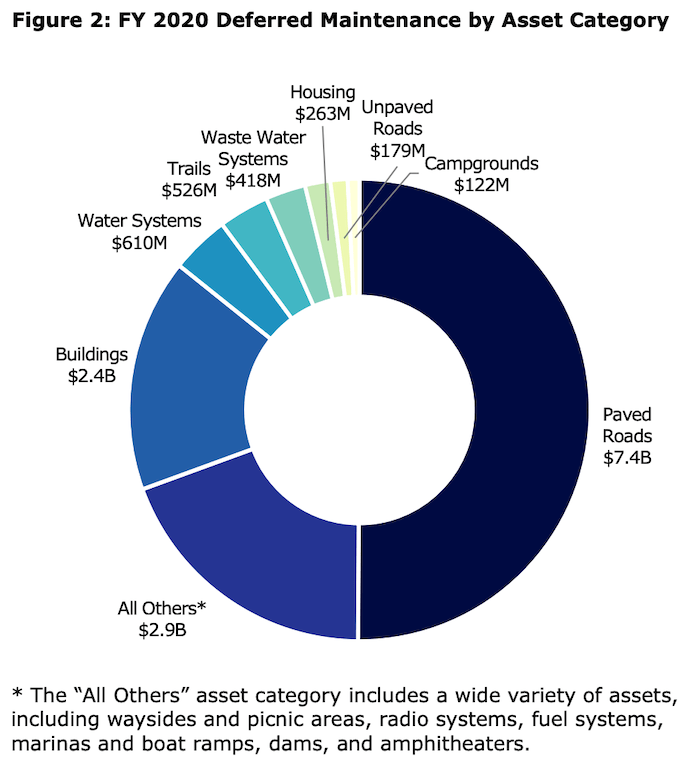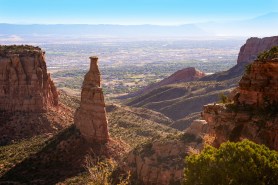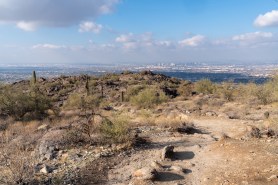

A Natural Resources House oversight committee this week raised concerns about the National Park Service’s ballooning deferred maintenance costs, despite increased investment into federal agencies that manage public lands.
Videos by Outdoors
Although representatives from both parties agreed that there was a problem, Republicans argued it was the result of mismanagement while Democrats called it a budgetary issue.
At Wednesday’s hearing, spokesmen from the Department of Interior’s Office of Inspector General (DOI OIG) and the Government Accountability Office (GAO) discussed their independent reports, which found that the Park Service had a deferred maintenance backlog amounting to $22.3 billion.
According to the reports, items in need of repair include buildings, trails, campgrounds, roads, and more. The watchdog agencies also “found serious deficiencies with the way the National Park Service tracks and monitors its deferred maintenance backlog, leading to inaccurate and unreliable estimations.”
During his testimony, Mark Greenblatt, who serves as the inspector general for the DOI OIG, said that his agency found the Park Service applied a “blanket 35% markup” to deferred maintenance in fiscal year 2021, which increased costs by $3.7 billion.
“We found, however, that there was insufficient documentation demonstrating that the amount of the markup was reasonable,” Greenblatt said. “We also found that the NPS’ broad application of the markup may lead to inaccurate estimates depending on whether work is completed by staff or contractors.”
Congressman Tom Tiffany, the Republican from Wisconsin who chairs the subcommittee on Federal Lands, called the findings “shocking and disturbing evidence of mismanagement,” as deferred maintenance costs have increased by nearly $10 billion since 2019.
“Despite spending billions of dollars to reduce the deferred maintenance backlogs at our national parks, those backlogs increased dramatically,” Tiffany said, explaining that the government gave the Park Service an extra $6.5 billion through the Great American Outdoor Act to address the problem.

Congresswoman Melanie Stansbury, a Democrat from New Mexico, said she was also “shocked” at hearing the figures but defended the Park Service. “I do think it’s important to revisit the timeline a little bit because I think it will help to answer a lot of questions,” she said.
Stansbury added that the Great American Outdoor Act was passed during the height of the pandemic in 2020, a time when national parks received an overwhelming number of visitors, the agency had a labor shortage, and it was told to prioritize “major projects” like roads, which require extensive planning.
“There’s a lot going on at the National Park Services right now and I think it is important that we give proper due to the fact that they’re doing their best even if the internal controls do need some fixing,” Stansbury said.
Congressman Bruce Westerman, a Republican from Arkansas whose professional background is in engineering and forestry, described the backlog as a project-management problem.
“In the world of engineering and project management and implementation, there’s this model of the three-legged stool, and it’s scope, budget, and schedule,” he said, adding that the Park Service never understood the scope of the problem and therefore, could not make proper adjustments in other areas.
“There’s a fine balance trying to get the three legs of the stool in the right place, and as I look at the reports, in the simplest terms, it appears as if the Park Service is failing to keep the three legs of the stool in balance,” Westerman said.
Congressman Ed Case, a Democrat from Hawaii, described the problem as “a result of chronic underfunding of the National Park Service over a long, long period of time, through multiple administrations and Congresses of not simply keeping up with maintenance to start with.”
Case argued that the Park Service is being set up to fail as Congress is gearing up to reduce its budget by 13%, which would also cut the agency’s construction budget by more than 50%.
“We can talk here about deferred maintenance, but we’re only repeating the problem by our appropriations decisions, so to me, that’s the big picture here,” he said, adding that the Park Service needs to be adequately funded to operate and addressed deferred maintenance.
Exactly what the Park Service is doing to address the backlog wasn’t fully addressed during the hearing as the agency was reportedly not invited to testify. However, both the DOI OIG and the GOA provided recommendations, including policy, procedure, and technical solutions, in their reports.
READ MORE
- How to Become a Park Ranger
- Congaree National Park: Once a Refuge for Enslaved People and One of the Newest National Parks
- Only Congress Can Protect Fixed Anchor Climbing on Federal Lands
- Stay on the Road: This National Park Has to Keep Reminding Visitors to Not Drive Off-Road
- Lawmakers Target Rules for Air Tours in National Parks
Article updated Jan. 13, 2024 at 8:15 a.m. EST









